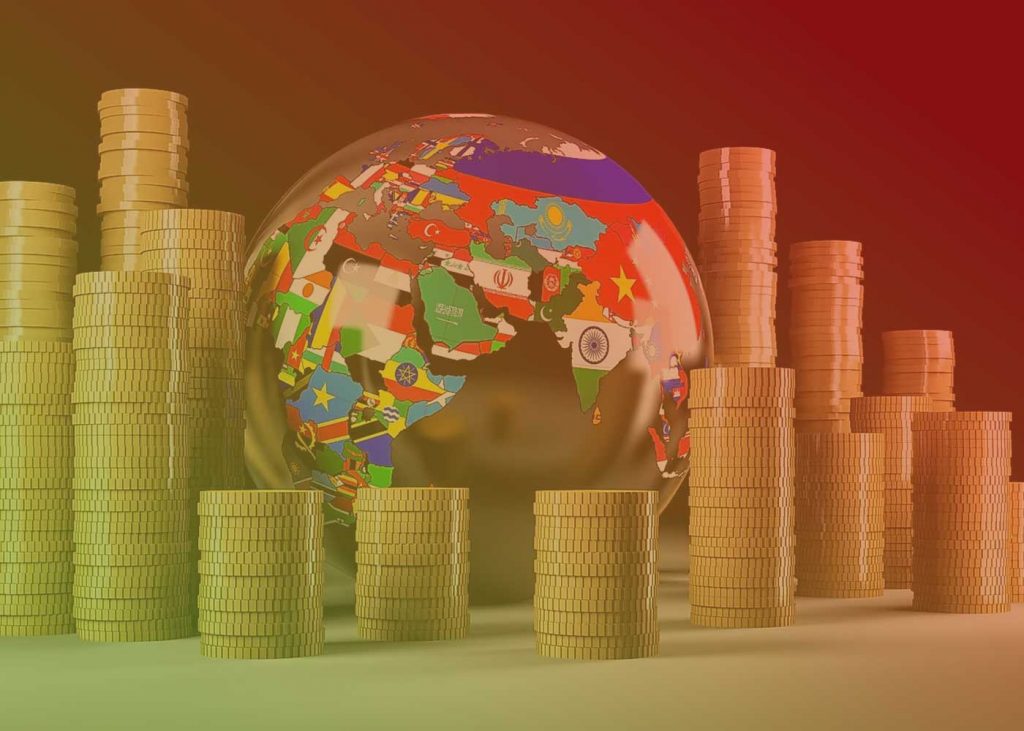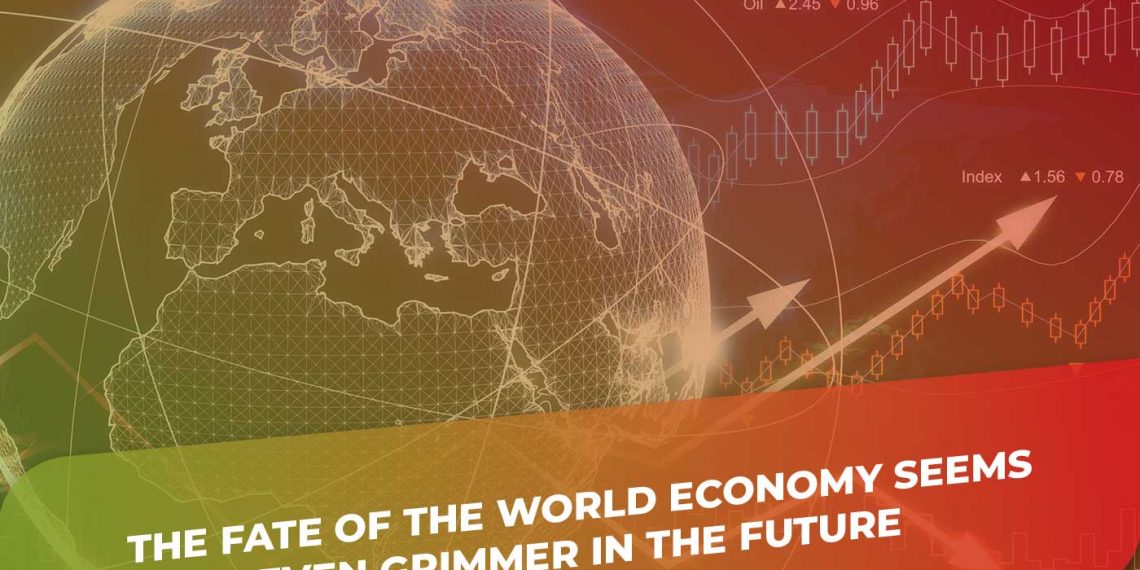Economic analysts and stock market specialists are starting to feel better. Energy prices have significantly decreased. This winter’s energy supply is solid, and if necessary, there is government help for both consumers and producers throughout Europe. China is abandoning its zero-covid policy, and manufacturing is picking up its pace once again. Consumers and manufacturers continue to be very concerned about high goods price inflation, but central banks are giving at least some interest rate increases to potentially slow down currency devaluation. So, should we say goodbye to anxieties about the recession and the crisis?
What Exactly is the Looming Problem in the World Economy?
Many professionals and investors are unaware of a general economic development that is comparable to a storm but it goes unacknowledged. And that is the real money supply which is globally contracting. Why does it matter so much? Because the true buying power of money is represented by the real money supply.
You have 10 dollars, for instance, and one apple costs one dollar. Therefore, you may purchase 10 apples with your ten bucks. The value of 10 dollars is reduced to five apples if the price of apples rises to, say, two dollars a piece. It becomes clear that the interaction between the nominal money quantity and the pricing of products determines the real money supply. When the nominal money supply falls or when the cost of products increases, the real money supply in an economy may decline. Exactly this is what is taking place right now all throughout the world.

What will This Cause in the World Economy?
However, the signals lead to at least a slowdown in the world economy and, more likely, a recession if the real money supply continues to contract as fast as it is at the moment. In a recession highly indebted economies will certainly experience extreme hardship during a recession. Many debtors won’t be able to continue paying their bills as loan defaults will rise. Banks, thus will become hesitant to approve new loans and will seek repayment of debts that are about to mature. Investor faith in financially troubled economies and markets will be even more waning. A severe credit crisis would follow, at least on the same level as that of 2008–2009. The non-payment of interest and principal would also be much of a worry for investors. The unbacked monetary system will be on the verge of implosion as credit markets implode.













